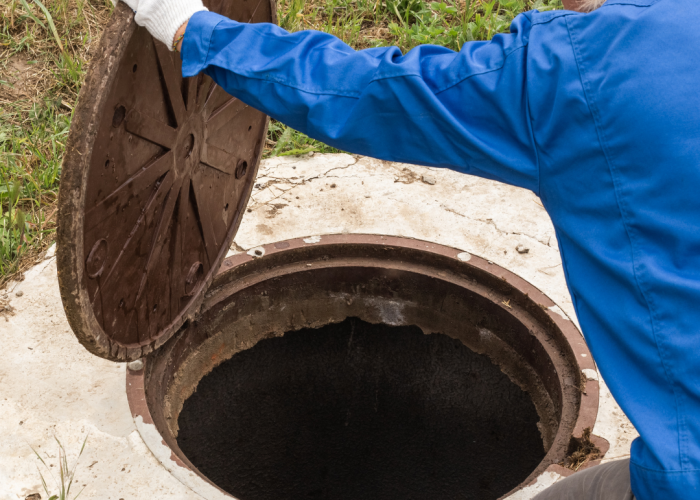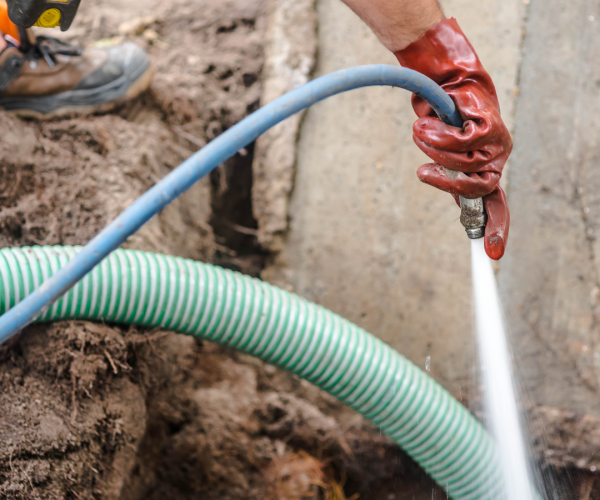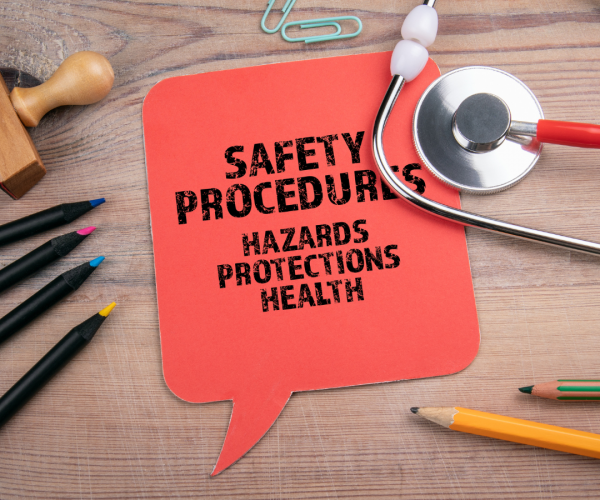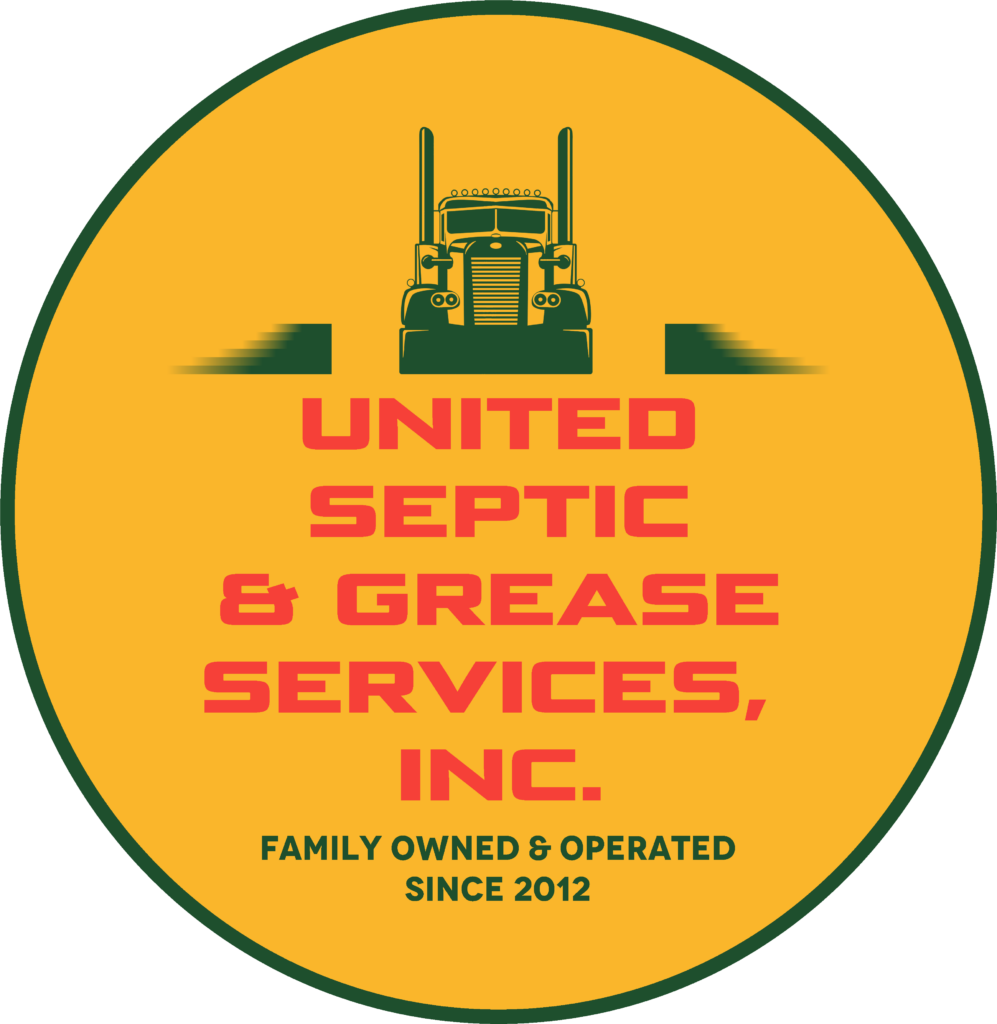Top Reasons to Schedule Regular Septic Tank Pumping
Home > Blog > Profesional Septic Systems > Top Reasons to Schedule Regular Septic Tank Pumping
Top Reasons to Schedule Regular Septic Tank Pumping
A well-functioning septic system is critical to the health and safety of your home or business. One of the best ways to ensure your septic system operates smoothly is by scheduling regular septic tank pumping. Neglecting this essential maintenance can lead to costly repairs, environmental hazards, and even health risks. In this article, we’ll explore the top reasons why regular septic tank pumping should be a priority for every property owner.

1. Preventing System Overload
Septic tanks are designed to hold and treat a certain amount of wastewater over time. When the tank reaches its capacity, solid waste (sludge) settles at the bottom, and lighter waste, like oils and fats (scum), rises to the top. As the tank fills up, the liquid in the middle is pushed into the drain field. Without regular pumping, the solid waste can build up and lead to system overload, which can cause the entire system to malfunction.
What Happens When the Tank Overflows?
When a septic tank overflows, the solid waste may clog the pipes, causing backups in your plumbing and flooding in the drain field. An overflowing tank not only damages the system but also poses a health risk to your household and the surrounding environment.
2. Extending the Lifespan of Your Septic System
Just like any mechanical system, proper maintenance can significantly extend the lifespan of your septic system. Regular septic tank pumping helps prevent the accumulation of solid waste, which, if left unchecked, can cause irreparable damage to the tank and the drain field. A well-maintained septic system can last anywhere from 20 to 30 years or more, whereas neglecting pumping can lead to premature failure, resulting in costly repairs or replacements.
How Regular Pumping Helps:
By pumping the tank regularly, you’re removing the excess sludge that can build up and compromise the system’s functionality. This simple maintenance task helps keep the system working smoothly and prevents damage that can shorten its lifespan.


3. Avoiding Costly Repairs
One of the main reasons to pump your septic tank regularly is to avoid costly repairs down the road. Neglecting the system can result in blockages, backups, or even full system failure, all of which require expensive repairs. In some cases, replacing an entire septic system can cost thousands of dollars, whereas regular pumping is a much more affordable preventive measure.
What Can Go Wrong Without Pumping?
- Clogged Pipes: Solid waste can clog the pipes leading to your drain field, resulting in a backup that could damage your property.
- Drain Field Failure: A flooded or overworked drain field may stop properly filtering wastewater, leading to contamination of the surrounding soil and groundwater.
Routine pumping helps prevent these problems, saving you from the stress and expense of unexpected repairs.
4. Protecting Your Property Value
A well-maintained septic system can have a direct impact on your property value. If you’re planning to sell your home or commercial property in the future, potential buyers will likely request a septic inspection. Regular septic tank pumping and maintenance demonstrate that you’ve taken care of your property, making it more attractive to buyers.
Impact of Neglected Systems on Property Value:
On the other hand, if your septic system is neglected and fails the inspection, it could significantly lower your property’s value. Prospective buyers may be deterred by the prospect of having to repair or replace the septic system, which could lead to a lower selling price or longer time on the market.


5. Preventing Environmental Hazards
A failing septic system can pose serious environmental risks, particularly if it leads to contamination of nearby groundwater, lakes, rivers, or streams. Septic tank overflow can result in untreated wastewater leaking into the environment, which can carry harmful bacteria and pathogens. This can pose significant health risks to people, animals, and plant life in the surrounding area.
Environmental Benefits of Regular Pumping:
Regular pumping ensures that your septic system is functioning properly, preventing leaks and overflow that can pollute the environment. By maintaining your septic system, you’re also doing your part to protect your local ecosystem and water sources.
6. Improving Household Health and Safety
A neglected septic system can lead to sewage backups in your home, which can be a major health hazard. Raw sewage contains harmful bacteria, viruses, and parasites that can spread disease if they come into contact with people or pets. Sewage backups can also lead to unpleasant odors and unsanitary living conditions, making your home an uncomfortable place to live.
Keeping Your Family Safe:
By ensuring your septic tank is regularly pumped, you’re reducing the risk of backups and protecting your family from the dangers of raw sewage exposure. Regular maintenance promotes a safer, cleaner environment for everyone in your home.

7. Complying with Local Regulations
In many areas, there are local regulations that require property owners to maintain their septic systems and schedule regular pumping. Failure to comply with these regulations can result in fines or legal action. Even if local laws don’t mandate pumping, it’s a smart practice to keep your system in compliance with environmental safety standards.
Why Compliance Matters:
Maintaining a well-functioning septic system isn’t just a personal responsibility—it’s also a community issue. By ensuring that your system is properly maintained, you’re helping to prevent public health hazards and environmental damage in your area.
8. Understanding the Right Frequency for Pumping
So, how often should you pump your septic tank? The frequency of pumping depends on several factors, including the size of your tank, the number of people in your household, and your water usage habits. On average, septic tanks should be pumped every 3 to 5 years, but some may require more frequent pumping if they experience heavy usage.
Key Factors to Consider:
- Tank size: Larger tanks can hold more waste and may not need to be pumped as often as smaller tanks.
- Household size: More occupants mean more wastewater production, which can fill the tank faster.
- Water usage: Homes with high water usage (e.g., frequent laundry loads or long showers) may require more frequent pumping.
A septic professional can help you determine the right pumping schedule based on your specific system and usage patterns.
8. Understanding the Right Frequency for Pumping
So, how often should you pump your septic tank? The frequency of pumping depends on several factors, including the size of your tank, the number of people in your household, and your water usage habits. On average, septic tanks should be pumped every 3 to 5 years, but some may require more frequent pumping if they experience heavy usage.
Key Factors to Consider:
- Tank size: Larger tanks can hold more waste and may not need to be pumped as often as smaller tanks.
- Household size: More occupants mean more wastewater production, which can fill the tank faster.
- Water usage: Homes with high water usage (e.g., frequent laundry loads or long showers) may require more frequent pumping.
A septic professional can help you determine the right pumping schedule based on your specific system and usage patterns.
Conclusion
Septic system certifications are essential for homeowners and property owners who rely on septic systems for wastewater management. They ensure compliance with local and state regulations, protect public health and the environment, increase property value, and provide long-term protection against costly repairs. Whether you’re buying a new home or maintaining an existing system, staying up-to-date on septic certifications is an important responsibility that comes with owning a septic system. By investing in regular inspections and maintaining certifications, you can protect your property and contribute to a safer, healthier environment for everyone.
Should you require assistance with Septic Tank Services, do not hesitate to contact our team of experts at United Septic and Grease.
IF YOU ARE LOOKING FOR MIAMI-DADE AND BROWARD COUNTY COMMERCIAL SEPTIC SERVICES
THEN PLEASE CALL 305-878-1885 / 954-778-0477 OR COMPLETE OUR ONLINE REQUEST FORM

Autor / Editor : Jonathan Moreno
Jonathan Moreno is a South Florida Digital Marketing expert with over 12 years of experience with passion for creating hight value content to educate and bring value to visitors.
Related Posts
Most Common Septic System Emergencies
United Septic and Grease: This post will discuss the most frequent septic system emergencies, the...
Read MoreExpert Tips for Choosing the Best Grease Trap Cleaning Service
If you own a restaurant, professional grease trap cleaning services will make your kitchen work...
Read MoreDIY vs. Professional Septic Clean Outs
United Septic and Grease: Frequent septic clean out guarantees that your system runs efficiently and...
Read More